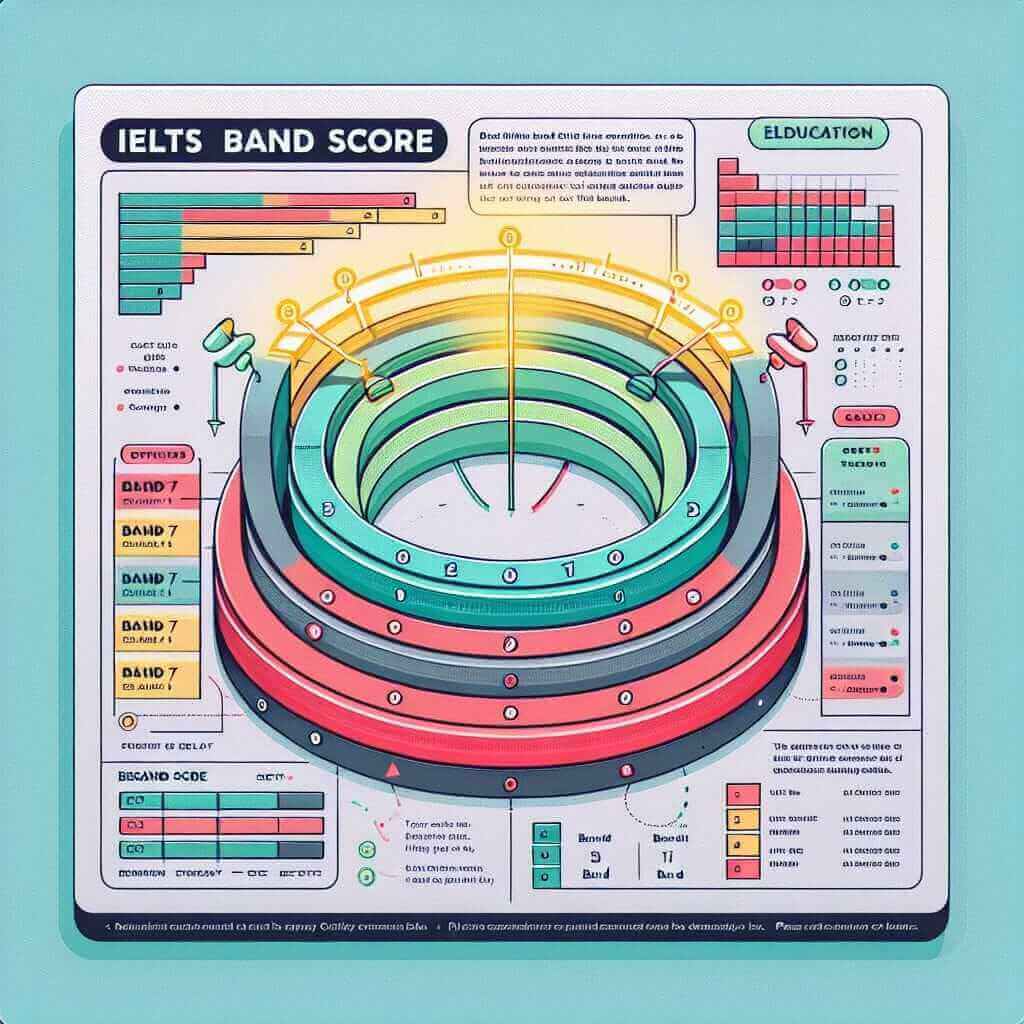The phrase “it relates that” often trips up even advanced English learners. While it might sound familiar, it’s rarely used correctly and can sound awkward in modern English. This article will clarify the usage of this phrase and provide you with alternatives to enhance your IELTS writing and speaking, helping you achieve a band score of 7 or higher.
Let’s look at some examples:
Incorrect: The report it relates that climate change is accelerating.
Correct: The report states that climate change is accelerating.
Incorrect: In the legend, it relates that the hero slayed the dragon.
Correct: The legend recounts how the hero slayed the dragon.
Incorrect: It relates that the economy is improving, but many people remain unemployed.
Correct: While the economy is reportedly improving, many people remain unemployed.
As you can see from these examples, “it relates that” is often used when simpler, more concise alternatives are available.
Understanding “It Relates That”
The confusion arises because “relate” does have a meaning similar to “tell” or “report”. However, “it relates that” is an archaic construction and sounds unnatural in contemporary English.
Alternatives to “It Relates That”
Let’s explore more appropriate and impactful alternatives for conveying the intended meaning:
Reporting Information
- State/ Indicate/ Show/ Reveal/ Suggest/ Demonstrate: These verbs directly introduce information presented in a source.
- Example: Recent data indicates a correlation between education levels and income.
- According to/ As per: Used when directly referencing a source.
- Example: According to the World Health Organization, air pollution poses a significant global health risk.
- It is said/ It is reported/ It is believed: Used to introduce information that is widely known or believed.
- Example: It is believed that the ancient city was destroyed by an earthquake.
Narrating Events
- Recount/ Describe/ Explain/ Narrate: Use these verbs to introduce a story or sequence of events.
- Example: The novel recounts the protagonist’s journey of self-discovery.

Achieving a Higher IELTS Band Score
Avoiding “it relates that” demonstrates your command of natural and idiomatic English. Here’s how to apply this knowledge to specific IELTS sections:
-
Writing Task 1 (Academic): When summarizing data or describing a process, use concise and accurate language. Instead of “The graph it relates that…,” opt for “The graph illustrates…” or “The data shows…”.
-
Writing Task 2: Employ a variety of reporting verbs and introductory phrases to present information and arguments effectively.
-
Speaking: While it’s unlikely you’d use “it relates that” in casual conversation, being aware of such outdated phrases helps you choose more appropriate vocabulary, contributing to a higher score in lexical resource.
Common Errors and How to Avoid Them
- Incorrect Tense Agreement: Ensure the verb tense aligns with the information being presented.
- Incorrect: The article it relates that the economy was improving.
- Correct: The article stated that the economy was improving.
- Redundancy: Often, “it relates that” can be removed without losing any meaning.
- Incorrect: It relates that the study found a link between sleep and memory.
- Correct: The study found a link between sleep and memory.
Conclusion
While “it relates that” might seem like a convenient phrase, it’s best avoided in modern English. By mastering alternative reporting verbs and narrative techniques, you can express yourself with clarity and precision, achieving a higher IELTS band score. Remember to practice these skills regularly, paying attention to sentence structure and vocabulary choices, to excel in your IELTS exam.